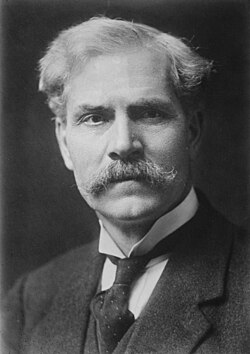Campaign
The newly formed Communist Party of Great Britain urged voters to abstain, saying ""that while the coalition candidate stands openly and avowedly for capitalism in all its ramifications, its industrial autocracy, its attacks on trade unions, its exploitation, its predatory imperialism, the Labour candidate stands for Capitalism and all its manifestations, none the less surely because its purpose is hidden under high sounding words". [1]
This page is based on this
Wikipedia article Text is available under the
CC BY-SA 4.0 license; additional terms may apply.
Images, videos and audio are available under their respective licenses.




